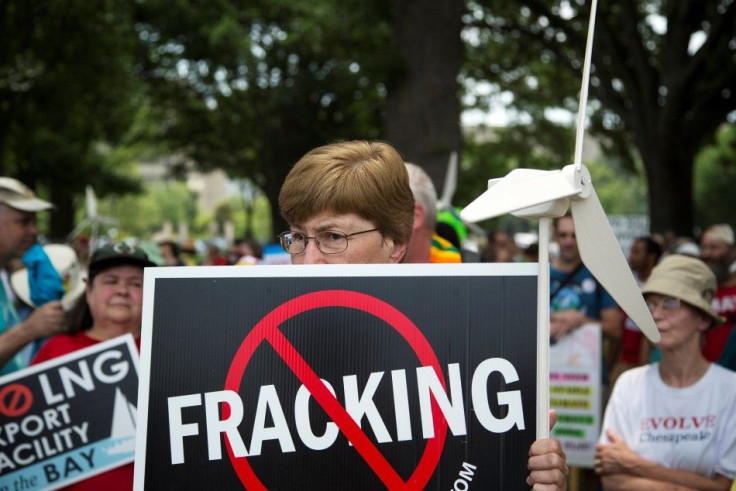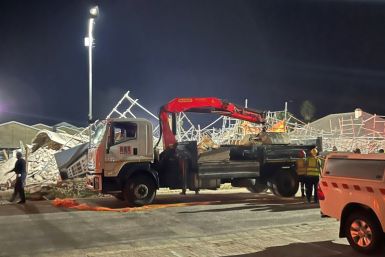The Unethical Reality of Fracking Everyone Should Enlighten Themselves With

Innovations are made for the purpose of highlighting the necessities of mankind but how shall it serve its purpose when such innovations turn out to be banes instead of boons? Upworthy explained and enumerated the technique utilized by oil and gas factories so they could excavate natural gasses confined below the rock layers. The professional term for such process is hydraulic fracturing and in layman's term -- fracking.
Fracking is just a marketing strategy
With a business that lessens industrial costs, entrepreneurs are more than willing to adapt the kind of technology that guarantees higher revenue. Marketers are keen on looking out for easier avenues to cut their production costs and here is where fracking comes in. One doesn't need to be a business-minded person to analyze that easy and cost-effective processes offer definite solutions for problems. However, the reality remains fracking is only effective on the business end and not for the people and the environment.
Upworthy highlighted a statement from an anti-fracking U.K. resident, which clarified how the process is nothing but a mere act done out of greed. Energy companies may be responsible in supplying the needs of the people but they might have forgotten that they ought to consider environmental and population factors -- not just the profitability once they implement an "innovative" industrial strategy.
Fracking does more damage than it supports
According to the dedicated site Dangers of Fracking, the whole completion process requires an average of 1-8 million gallons of water, which is done on a regular basis with the use of about 400 trucks for site transport. The globe might be made up 71 percent of water but not all of them can be ingested, thus the lack of potable water resources. With the way that it also infiltrates the underground water system, flammable and toxic chemical properties seep into main water pipelines that reach both residential and commercial holdings.
Apart from contributing to water shortages, there have been reports to the process causing earthquakes, polluted air instances and complications on farming reserves within neighbouring locations of the main drilling sites. In conclusion, considering fracking to be a successful form of innovation that alleviates human necessities now appears to be a form of travesty.






